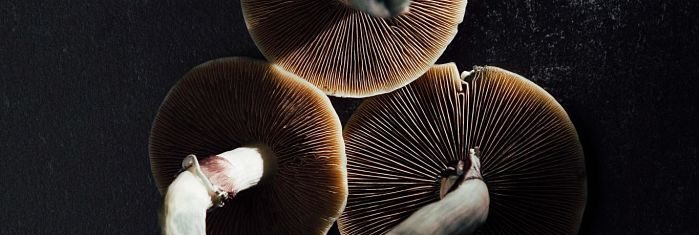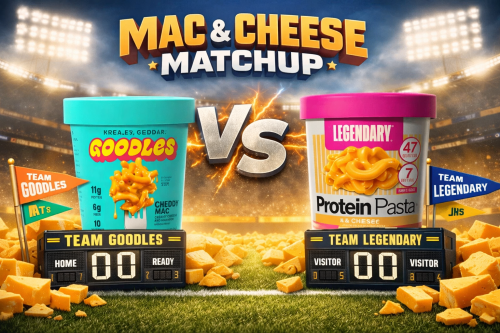The positive effects of psilocybin have received a lot of publicity in pop culture over the past few years. From Joe Rogan’s podcast series detailing the benefits and history of tripping, to the 2019 Netflix special episode called “The Mind, Explained: Psychedelics,” magic mushrooms are undoubtedly having their moment in the spotlight.
But could the chatter be onto something real?
Early Studies Suggest that Psilocybin Could Reverse Some Severe Effects of Alcoholism
New research found that psilocybin might be able to reverse alcohol-induced brain damage. Additionally, it could reduce alcoholism and relapse rates. Furthermore, this comes shortly after a study found that psychedelic use reduces daily opioid use by up to 55%. This includes magic mushrooms.
A study published in the journal Science Advances suggests that psilocybin alters the part of the brain that triggers alcohol cravings. Moreover, the research focused on a “mGluR2” glutamate receptor damaged by alcohol use.
A Very Large and Dedicated Team Published the Study Last Month
More than 20 researchers “established model of alcohol dependence” in which rats were subjected to chronic intermittent exposure to alcohol vapor. The researchers said that this type of repeated exposure, “leads to intoxication levels similar to those seen in clinical alcohol addiction and induces long-lasting behavioral and pronounced molecular changes in the brain.”
The rats showed “persistent escalation of alcohol self-administration, increased motivation to obtain alcohol, and increased relapse-like behavior” and also “were made alcohol-dependent by chronic intermittent exposure for seven weeks.”

Photo by Dylan de Jonge on Unsplash
The rats were exposed until brain damage occurred, much like that seen in chronic alcoholics. The brain-damaged rats were separated into three groups. The first group received low doses of psilocybin, while the second group received high doses of psilocybin. The third group remained a control and didn’t receive any new substances.
The Results are Shocking
The rats who had been dosed with psilocybin, both high and low doses, had their mGluR2 levels regenerate. In addition, their addictive behavior was reduced. Both groups relapsed back to the alcohol about 45% less than the control group.
The researchers concluded that these results “provide support for mGluR2 as a molecular target for treating reduced cognitive flexibility, craving, and relapse responses in alcohol-dependent patients.”
The team suggested “an experimental medicine trial in alcohol-dependent patients to demonstrate improved cognitive flexibility in response to a single administration of psilocybin” and another “cue-elicited craving study in alcohol-dependent patients in the magnetic resonance imaging (MRI) scanner to demonstrate normalized functional connectivity in brain areas known to be involved in neuronal cue reactivity following a single application of psilocybin.”

Photo by Christopher Ott on Unsplash
There May be a Future for Psilocybin in the Medical and Scientific Fields
“In the case that both proposed human experimental studies yield positive results,” the authors said, “a randomized controlled trial for testing the antirelapse properties of psilocybin is indicated.”
The medical research regarding psilocybin is still in its pre-clinical stage, but there may be future studies that corroborate how the compound might provide some relief for those struggling with the negative effects of alcoholism.
More Content
RESPECT MY REGION’S FIRST-EVER NORTH AMERICAN WEED TOUR HAS OFFICIALLY BEGUN!
US MAYORS AND CELEBRITIES ARE CALLING ON BIDEN FOR CANNABIS REFORM, FEDERAL LEGALIZATION AND PARDONS
8 US STATE’S CURRENT CANNABIS LEGALIZATION STATUS: NY, NC, WY, ID, WI, RI, MD, AND MN
11 COMPANIES THAT DON’T DRUG TEST THEIR EMPLOYEES FOR WEED
8 BEST CANNABIS FRIENDLY TRAVEL DESTINATIONS IN THE US IN 2021








